Low Sodium Pork Tenderloin in the Oven Recipe
This low sodium pork tenderloin recipe is a bright & flavorful dinner, roasted with apples, onions, and a honey mustard glaze. It’s a little sweet, a little savory, and makes a fantastic dinner idea any time of year.
We served up this tasty pork tenderloin with low sodium sauerkraut and mashed potatoes for a fantastic meal. If cooking this for guests, a low sodium apple walnut salad would also be a fantastic addition to the table!
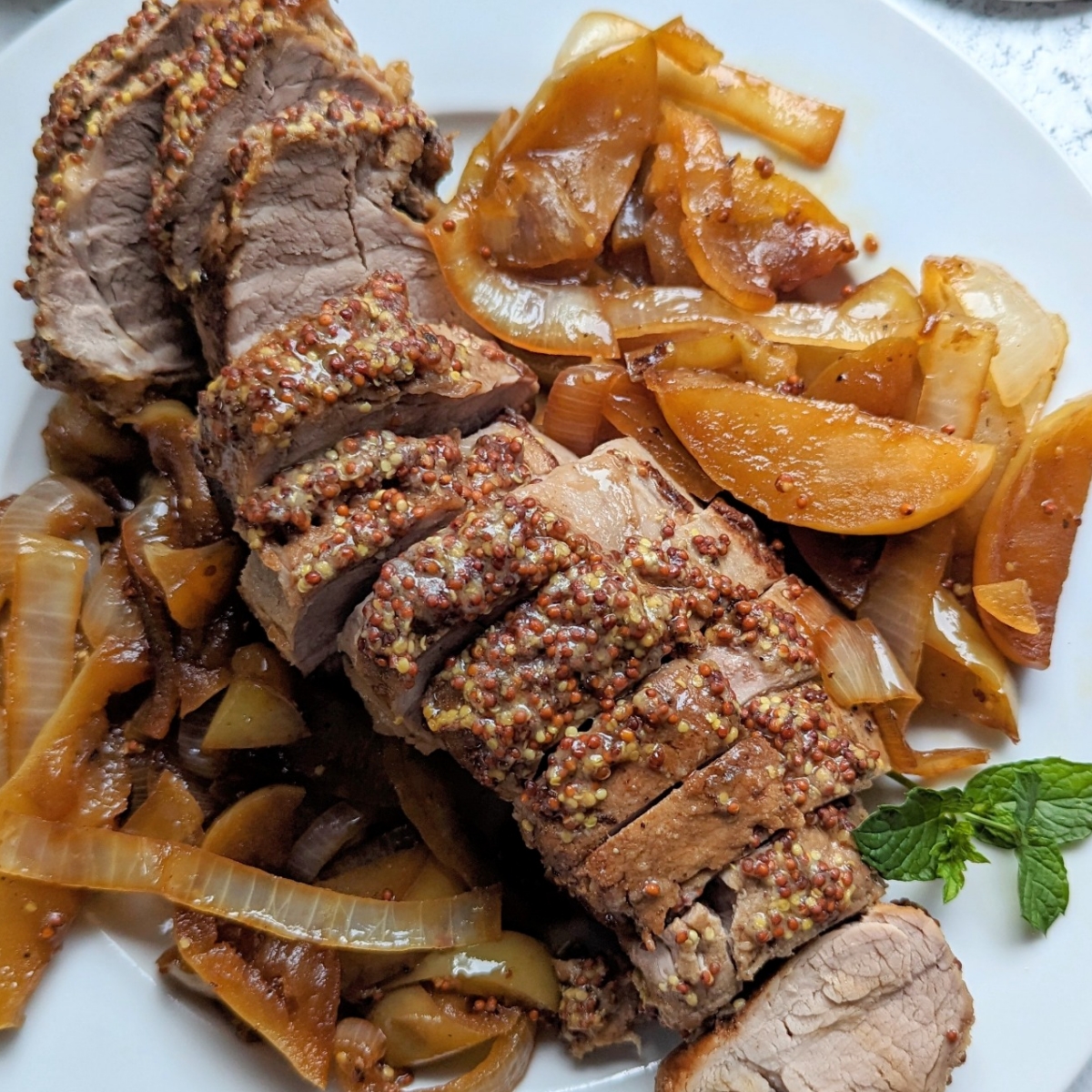
Every time we have pork tenderloin, I absolutely love it, and tell myself that we have to make it more often! Pork tenderloin is juicy and lean, and works so well with all kinds of sauces and flavors. I decided to make a fall-inspired pork tenderloin with onions and the first apples of the season!
Start by marinading the pork in a salt-free marinade (recipe below), the sear it until browned. Bake with apples and onions, or any vegetables you prefer, until the pork is tender, juicy, and cooked to perfection. We gave this a 10/10, and I can’t wait to make it again!
This Low Sodium Pork Tenderloin Recipe Is
- Bright
- Fresh
- Flavorful
- Sweet & Savory
- Easy to Make
- Cooks in About 30 Minutes
- A Great Low Salt/Low Sodium Dinner Idea!
How To Choose a Great Pork Tenderloin
When buying your pork tenderloin from the store, here are a few things to keep in mind.
Look for Unseasoned Cuts: When shopping, opt for unseasoned pork tenderloin to have full control over sodium levels (and flavor) in your dish. Pre-seasoned cuts often contain salt & hidden sodium, so always read labels carefully.
Check the Sodium Content: If you have access to nutrition labels, compare different brands or cuts to choose the one with the lowest sodium content. Every milligram counts! We buy meats that have nutrition labels on them so we know exactly what we are getting. That, or buying from a locally sourced butcher, can help reduce preservatives (which can include sodium) in your meat.
Natural Marbling: While pork tenderloin is inherently lean, some minimal marbling can enhance flavor and tenderness.
Size Matters: Pork tenderloin typically comes in 1 to 1.5-pound portions, ideal for serving a family or a small gathering. My recipe below is for a 1.5-pound loin, so if you choose a smaller or bigger one, you may need to adjust cooking times.
Ingredients You’ll Need
Be sure to visit the recipe card below to see the full ingredient amounts and directions!
- Pork Tenderloin – as noted above, try to find a pork tenderloin that has a nutrition label on it so you can see the exact sodium content. And always choose unseasoned meats.
- Apple Cider Vinegar, gives this sauce a little extra tang which is really fantastic! It’s great as a marinade for this pork, as well as giving the mustard rub a little flavor.
- Apples – Gives the dish a nice sweetness in each bite.
- Onions – Which roast around the tenderloin.
- Whole Grain Mustard – for a really nice flavor and texture. Using a really good mustard makes all the difference, and I like the texture of whole grain mustard in this salad. The mustard contains the most sodium in this recipe (100mg for 1 teaspoon, so 200mg of sodium total since I use 2 teaspoons). If you can find a lower sodium mustard or Dijon, you can substitute it if you need to.
- Honey – to add sweetness to the rub

How To Make This Recipe
- Marinate the Tenderloin – to a large plastic bag or a bowl, add the pork tenderloin, the apple cider vinegar, the honey, onion powder, and garlic powder. If the marinade doesn’t cover the top of the pork, add enough water to cover. Allow pork tenderloin to marinate for at least an hour, but up to 8. Drain pork.
- Preheat oven to 400 degrees Fahrenheit. In a cast iron skillet, heat the olive oil over medium high heat. Once the pan and oil are hot, add the pork tenderloin, and sear until brown on each side.
- Once seared, place the pork tenderloin in a 9×9 inch baking dish. Top with a whole grain mustard and drizzle with honey. Add the sliced onions and apples to either side of the dish. Cover with tin foil and bake for 20-30 minutes.
- Remove pork from the oven, and check internal temperatures making sure the pork is at least 150 degrees Fahrenheit.
- Allow pork to cool for 5 minutes before slicing. Drizzle with any juices at the bottom of the dish, and serve with onions and apples.

More Low Sodium Dinner Recipes You’ll Love
- Crispy Low Sodium Chicken Breasts
- Low Sodium Cajun Pasta
- Low Sodium Pizza Recipe
- Easy Low Sodium Chicken Marsala
- Low Sodium Veggie Burgers
Let’s keep in touch – don’t forget to follow over on Instagram, Facebook, & my Youtube channel for more easy low sodium recipes.
If you made this recipe please leave a star rating & comment below. Your feedback helps other people who are making this recipe.

Our FIRST Low Sodium Cookbook is now available!
Check out Low Sodium Dinners: 100+ Low Sodium Recipes That Actually Taste Good, available here:

Low Sodium Pork Tenderloin
Equipment
- Skillet
- Baking Dish
Ingredients
- 1 1.5- pound pork tenderloin
- ½ cup apple cider vinegar
- 2 tablespoons honey divided
- 1 teaspoon onion powder
- 1 teaspoon garlic powder
- ½ cup water or more to cover pork
- 1 tablespoon olive oil
- 2 onions sliced
- 2 apples sliced
- 2 tablespoons whole grain mustard
Instructions
- Marinate the Tenderloin – to a large plastic bag or a bowl, add the pork tenderloin, the apple cider vinegar, 1 tablespoon of the honey (reserve the other half for later), onion powder, and garlic powder. If the marinade doesn't cover the top of the pork, add enough water to cover. Allow pork tenderloin to marinate for at least an hour, but up to 8. Drain pork.
- Preheat oven to 400 degrees Fahrenheit. In a cast iron skillet, heat the olive oil over medium high heat. Once the pan and oil are hot, add the pork tenderloin, and sear until brown on each side.
- Once seared, place the pork tenderloin in a 9×9 inch baking dish. Top with a whole grain mustard and drizzle with honey. Add the sliced onions and apples to either side of the dish. Cover with tin foil and bake for 20-30 minutes.
- Remove pork from the oven, and check internal temperatures making sure the pork is at least 150 degrees Fahrenheit.
- Allow pork to cool for 5 minutes before slicing. Drizzle with any juices at the bottom of the dish, and serve with onions and apples.
Nutrition estimate (for 1 serving)
*Please note, all nutrition content is estimated based on the ingredients we used in our kitchen. It will vary based on your ingredients. Always check your nutrition labels to verify your nutrition content and sodium amounts.
This post may contain affiliate links. Please note I may earn a small commission from qualifying purchases from affiliate programs, at no additional cost to you. Please read our privacy policy for more information.


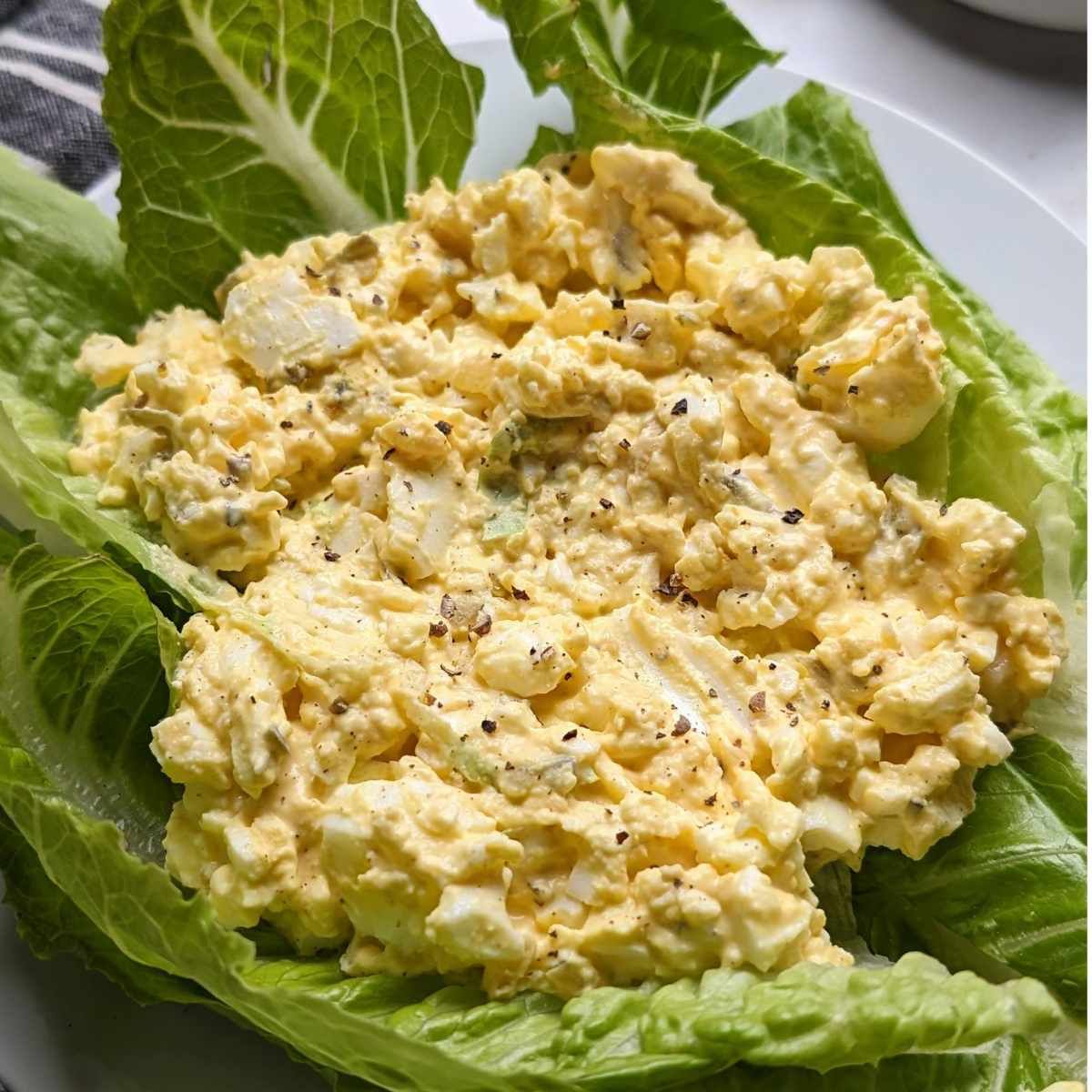
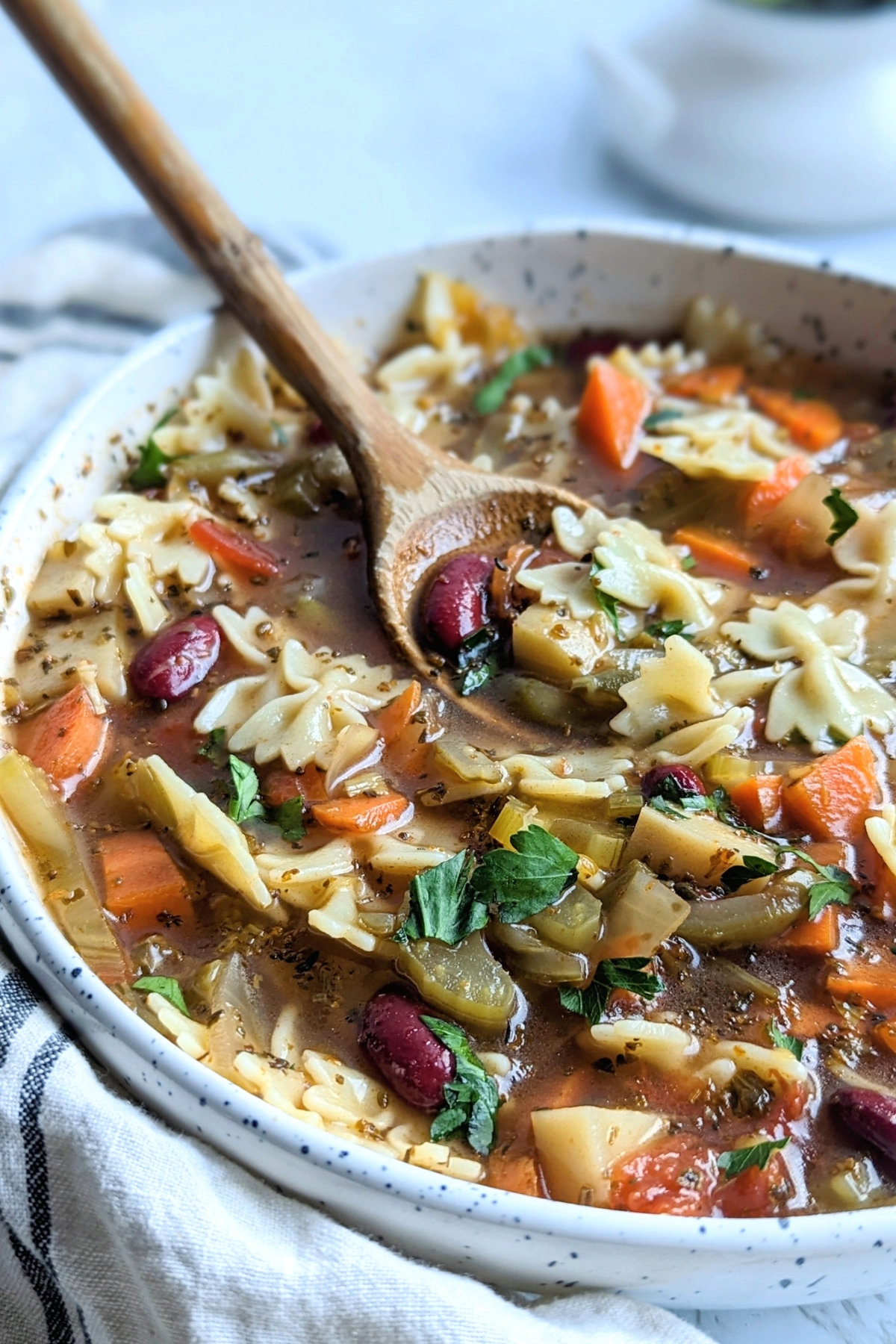
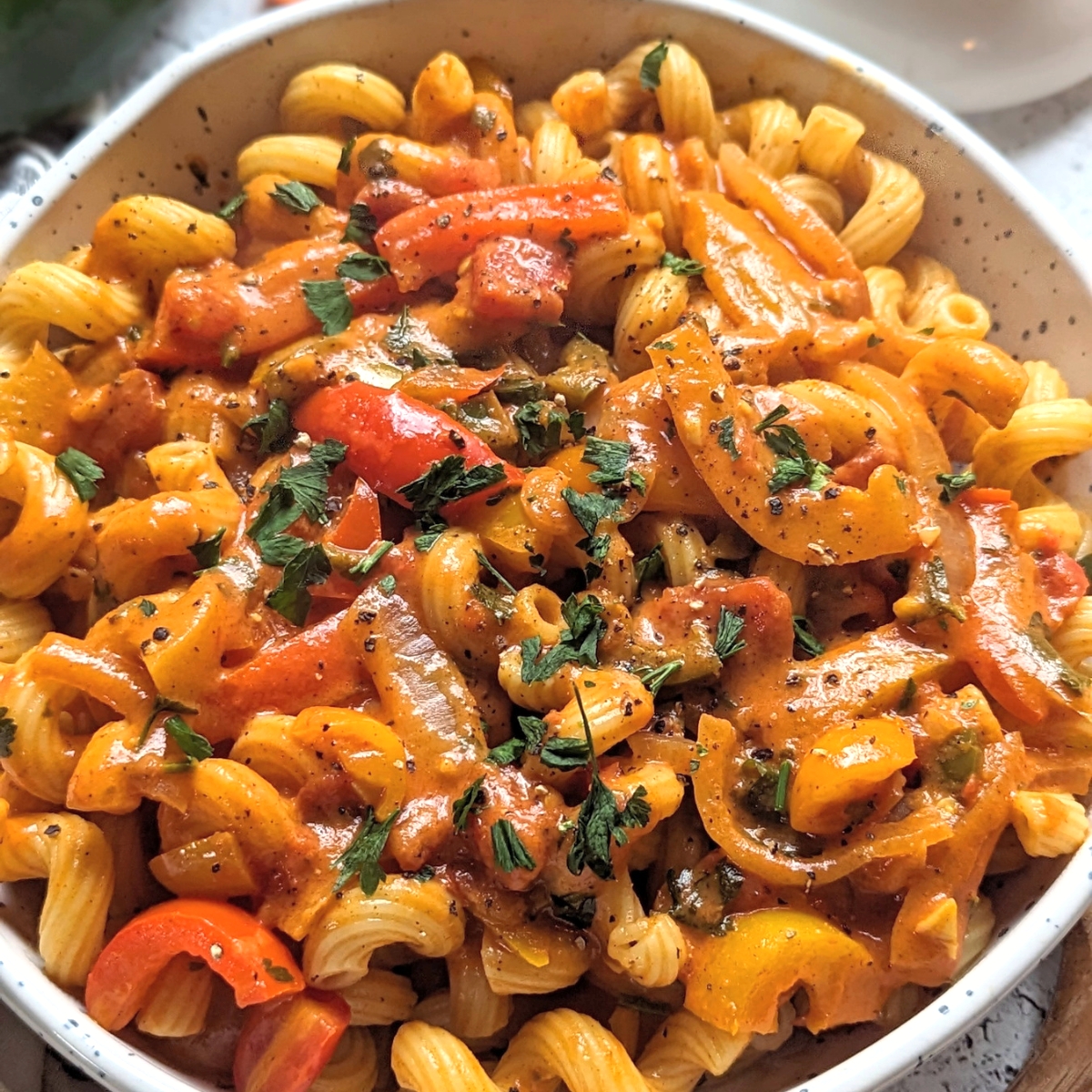
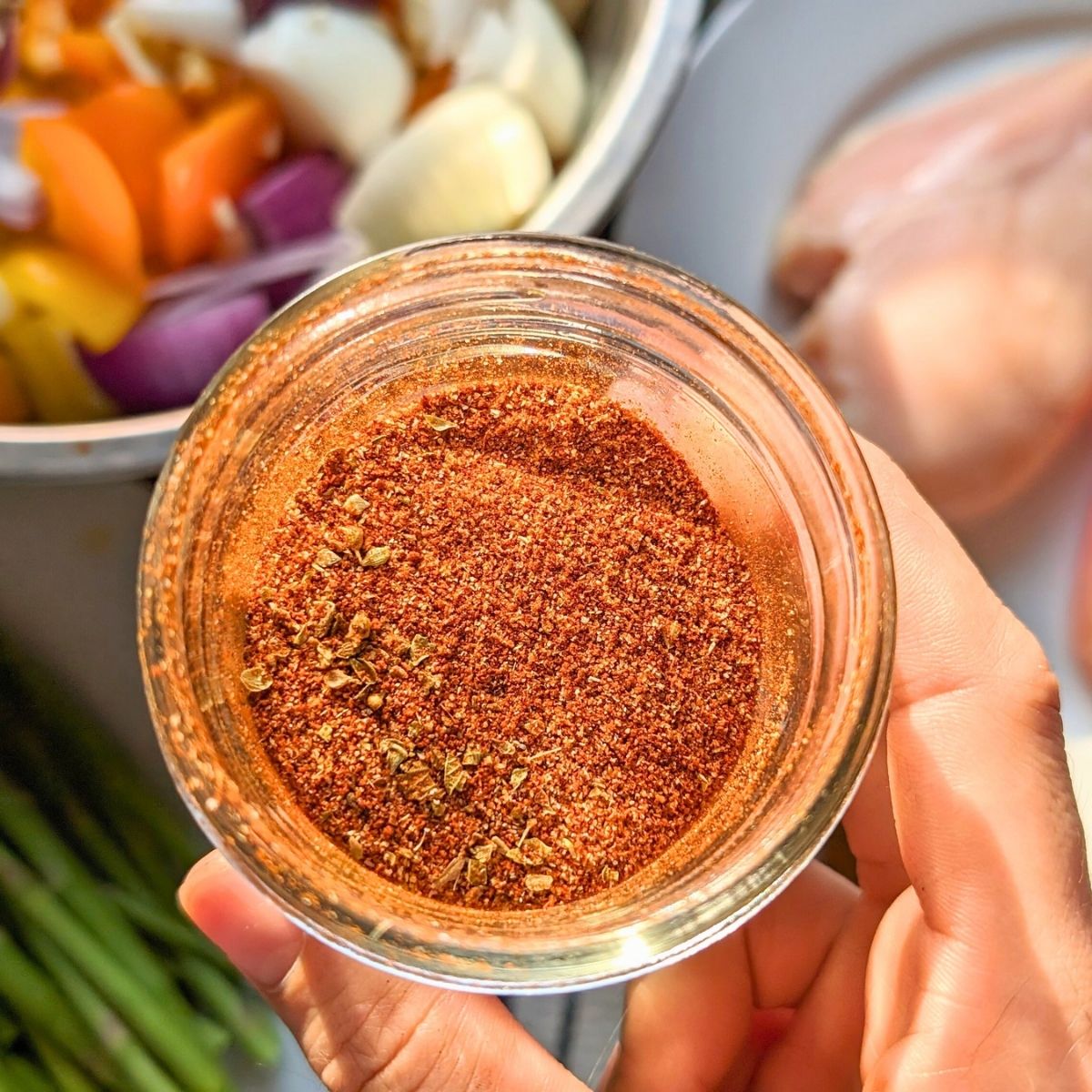
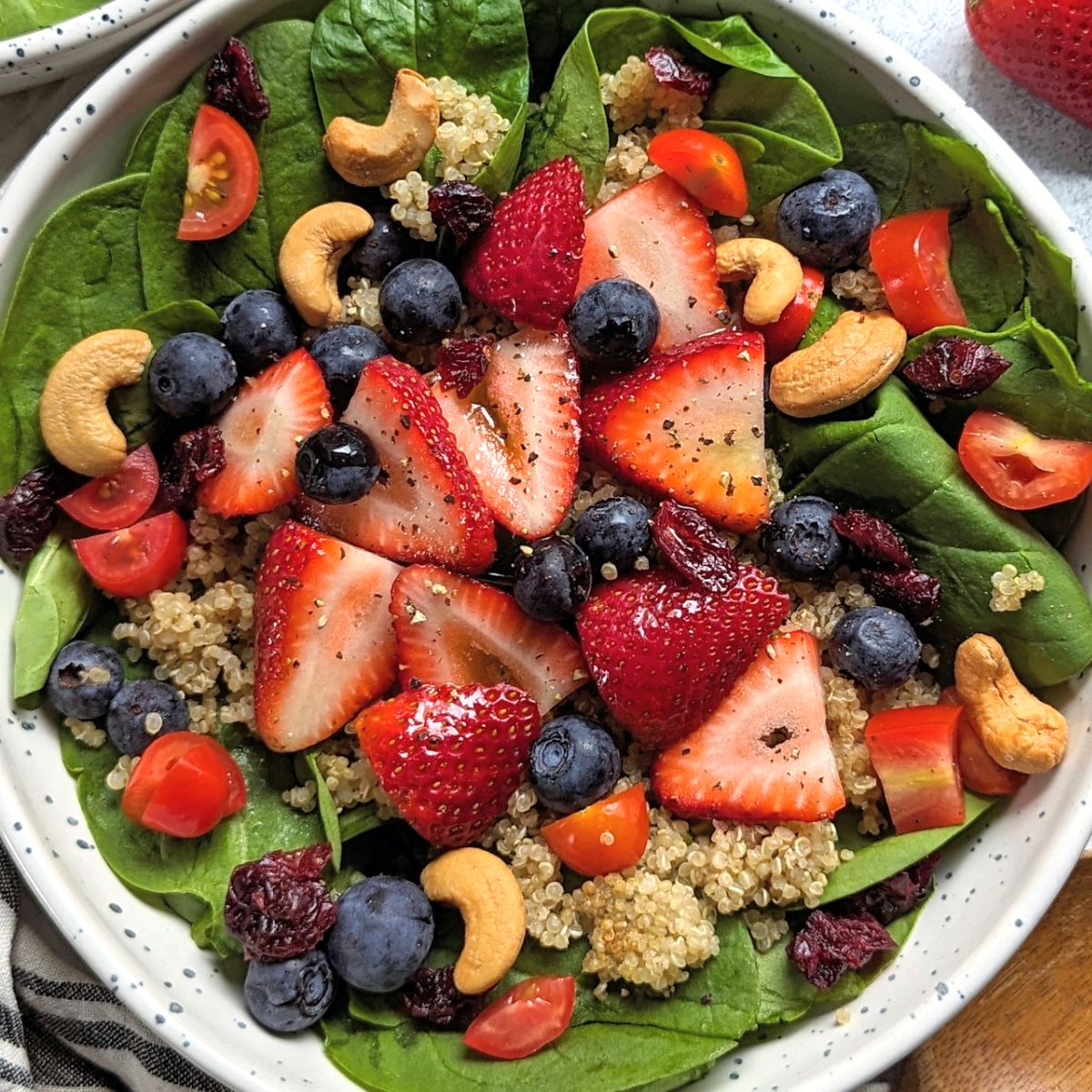
A great entree yummy
Very moist very flavorful
How are you figuring out the nutritional contents
Hello Christopher, the nutrition information above is for one serving of the pork tenderloin. The USDA estimates that pork has 48mg of sodium per 3 ounce serving so I included that and the other ingredients together. Your ingredients may vary as well, so be sure to check the sodium amounts in your foods. – Kelly
Pork tenderloin is an economical choice for me at our grocery store. This recipe has been a wonderful way to prepare it
Everyone loved this meal,the only thing I changed was I put it all in a bag. It turned out to be so tender. Thank you for sharing this recipe.
Hi Sally, that is so wonderful to hear, really glad it was a hit! And I never cooked a tenderloin in a bag before, thanks for letting us know it turned out. Really appreciate the rating and review, thank you!
– Kelly
What would you suggest serving with this dish?
Hi Michelle,
This recipe goes great with potatoes – mashed, smashed, baked, or cut into fries! I also like serving this with low sodium ‘saurkraut’ which makes for a great vegetable side dish:
https://lowsorecipes.com/low-sodium-sauerkraut-recipe-no-salt-added/
A fantastic supper
A big hit with the family
Can you make this exact recipe in the crockpot? If so, what heat setting and for how long?
I just had dried out apples and onions with mine. They look nothing like the picture.
Hi Mike, I’m sorry to hear that. Did you cover the dish when you put it in the oven? That may help with keeping the apples and onions juicy.
Let me know if you try it!
– Kelly
Very tasty. Will make again with some adjustments. Just a cautionary note. The recipe calls for 1.5 pound (24 oz) pork tenderloin for 6 servings which would be 4 oz per serving not 3. The recipe calls for 2 TABLESPOONS of mustard but the notes state that you used 2 TEASPOONS. 2 tablespoons of mustard would be equivalent to approximately 70-100 mg sodium per serving plus the sodium in the pork depending on your serving is 3 or 4 oz.
Sorry, previous comment stated 1.5 pounds was 24 oz which is incorrect. The recipe is for 12 oz for six 3 ounce servings. It is the tablespoon vs the teaspoon that is the issue. Please edit my review.